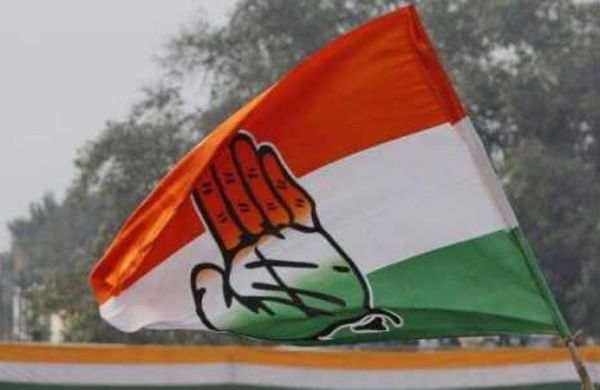Except if you go for arbitration. In which case, in most states, to get interim relief from a court, in order to challenge your award or appeal an order in court, you pay a small, fixed nominal fee. The same is the case with a challenge or appeal under the Arbitration and Conciliation Act, 1996, irrespective of the quantum of your dispute.In the case of arbitration, parties may gain most of the benefits of the court system without ever having to actually pay into it.This gets compounded by the social cost that is incurred. If big disputes don’t go to court, the development of the law suffers. It is safe to say that a majority of commercial jurisprudence that now arises in this country arises from ad-interim orders or final hearings on interim reliefs.With the amendment to the Act excluding a review on merits of a challenge to an award, arbitral award challenges, which were one of the last avenues for the further development of commercial law, are now producing very little in the way of jurisprudence.In a common law country, if issues of law don’t come before courts, precedent can seldom find space to develop. In India, the courts have a role in actively advancing the development of the law. If parties, who have large disputes and thereby the financial capacity to appeal, go for private dispute resolution, then the development of jurisprudence will be consequently stalled, harming everyone in the long run.
Source link
Courts must be efficient and deliver justice in a time-bound manner for arbitration system to come into play





